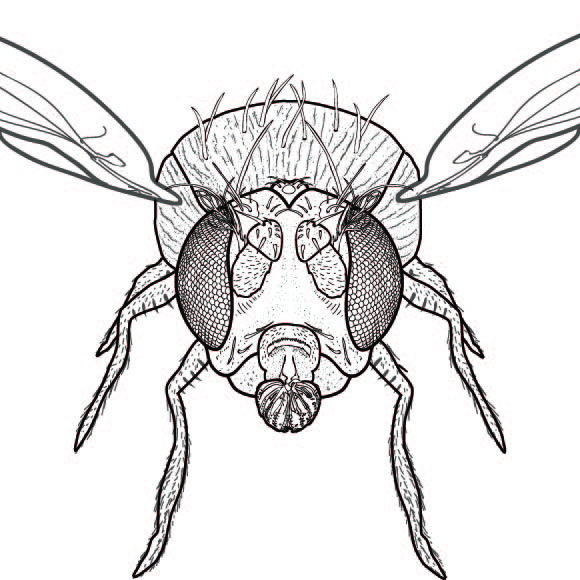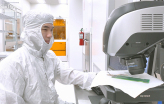Wisdom Engendered: Study Finds Men and Women Have Different Strengths
Researchers looked at gender differences relative to wisdom, using two different validated scales and found that, in general, women scored higher on compassion-related items and on self-reflection while men scored higher on cognitive-related items and on emotional regulation.
















